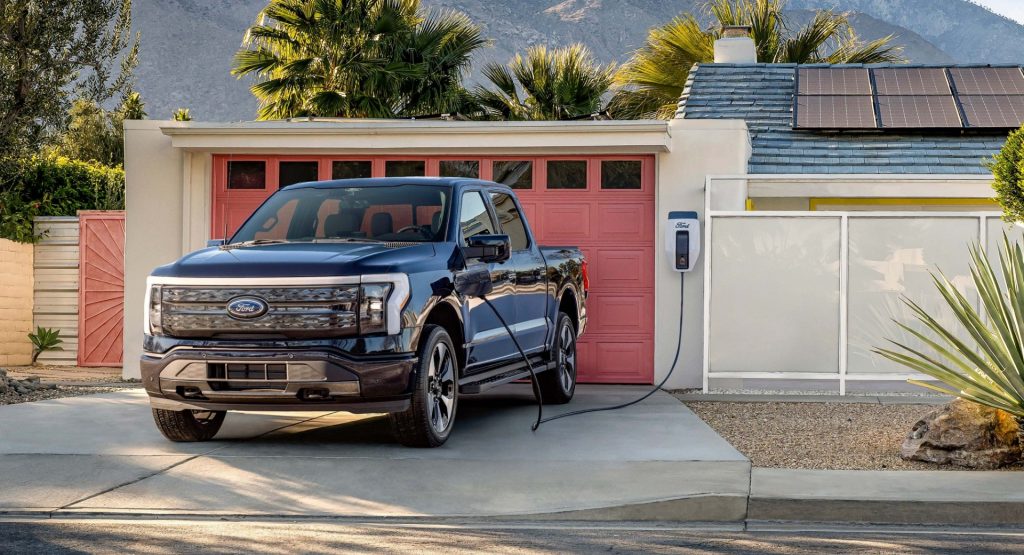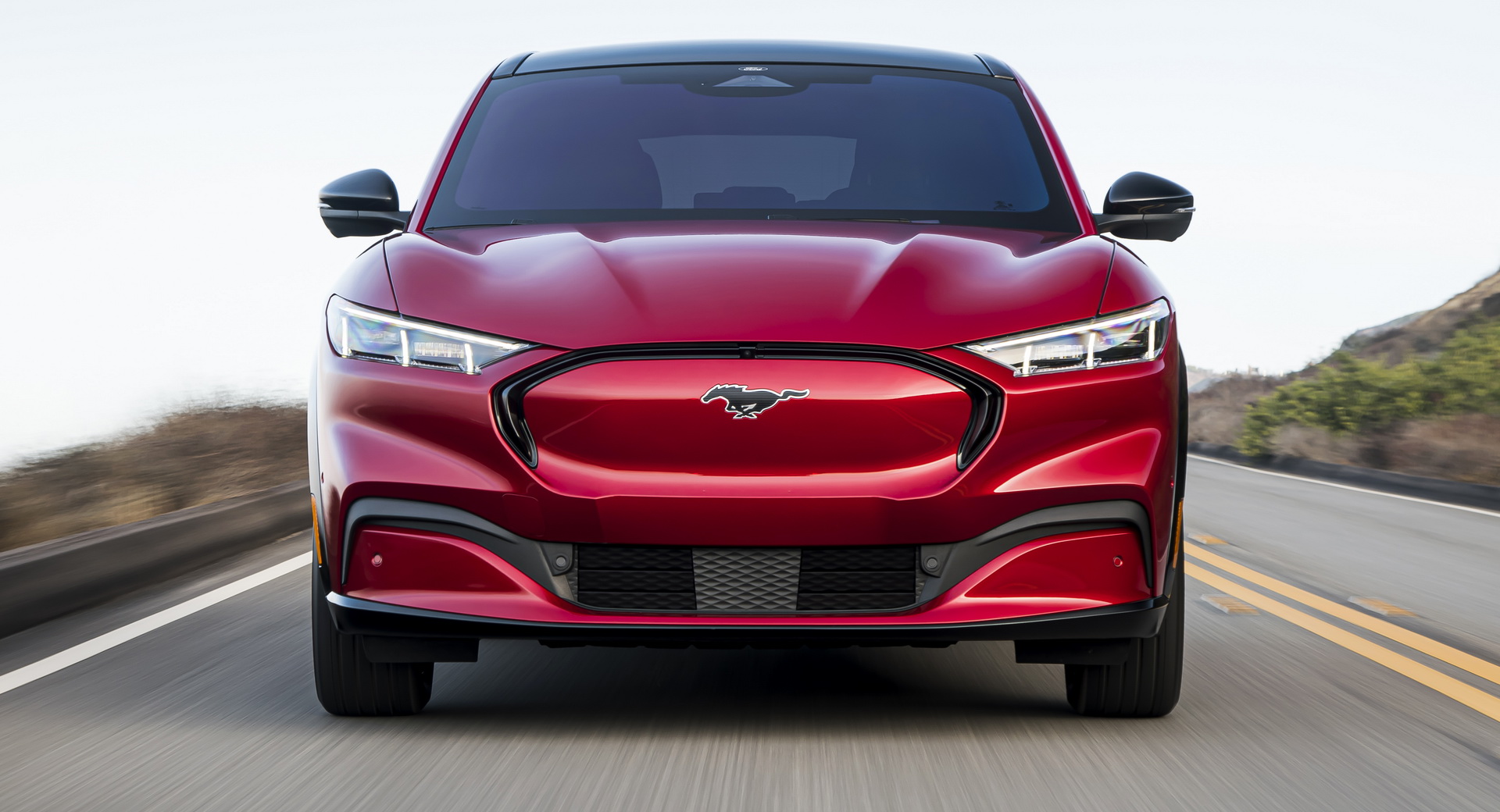Ford is gearing up for a dramatic shift to electrification and has launched an initiative dubbed Electric University to ensure its network of retailers can sell and service its EVs.
The Electric Univesity is a multiday educational program operated near Ford’s Dearborn, Michigan headquarters. Details about the educational program are still being finalized but speaking with Auto News, Ford’s National Dealer Council chairman, Tim Hovik, said it will probably include in-person classes about the advantages of EVs.
“We’re going to be able to send our people and immerse them in the world of electrification,” Hovik said. “This really is a transformative time in history. Everything we’ve ever done before… this is a different world.”
Hovik says the idea for the Electric University has been partly inspired by company’s Bronco Off-Roadeos events where Bronco owners can learn how to drive their vehicles in all kinds of different terrain.
Read More: Ford Confirms European EV Range With Four Crossovers And Five LCVs By 2024
While it isn’t clear when the program will launch, it forms part of chief executive Jim Farley’s decision to boost dealer training.
“We absolutely are going to have to do a phenomenal job to get all of our people up to speed to deliver the world-class experience we do,” Hovik said. “We just need to get a little smarter when it comes to electric.”
During an interview with Auto News Nick Anderson, general manager of Chuck Anderson Ford in Excelsior Springs, Missouri, said the amount of educational materials disseminated to dealers since Farley took over in late 2020 has already increased significantly with a key focus on online training. “Ford’s done a really good job getting all the new information out with online classes or tutorial videos to dealers,” Anderson said. “They’re bringing us more product knowledge information with easier access than ever before.”
Ford’s decision to work on the education of its dealers comes as part of a plan to spend $50 billion on electrification through 2026 and to be building 600,000 EVs per year by the end of 2023.





